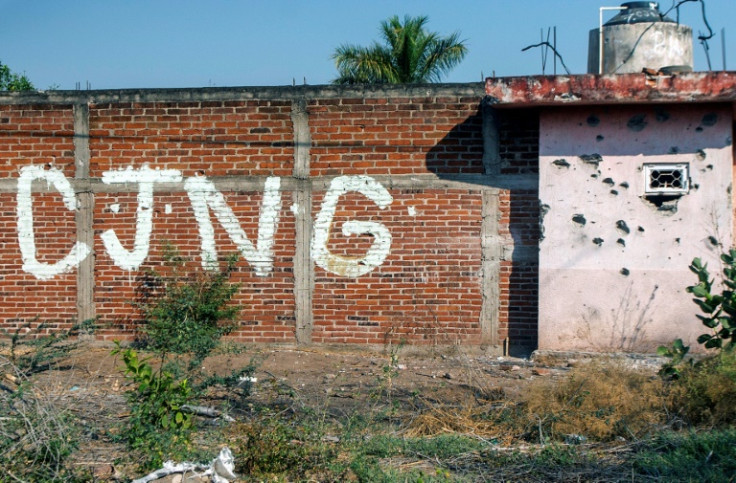
Mexican cartels are using artificial intelligence to improve drug-trafficking operations, according to a new report.
The study, conducted as part of a program to fight organized crime and financed by the European Union, determined that the organizations use "smart routing" to also improve their chances of successfully smuggling people to their destinations.
According to Infobae, the tool allows them to avoid checkpoints and determine how long it will take them to conduct an operation. Another passage of the document details that the organizations, including the Sinaloa and Jalisco cartels, "inflict selective punishments through facial recognition systems."
"By imitating voices or even creating deepfakes, they can elicit emotional responses to conduct blackmail," the report claims.
These organizations are taking advantage of different digital tools to expand operations, including social media and cyber security. In a recent interview with specialized outlet InSight Crime, Antonio Nicaso, a professor at Queen's University in Canada and director of the Cybercrime Research Center at Italy's Magna Grecia Foundation, said that experts could be asked to build encrypted communication systems, mine cryptocurrencies, and operate in the dark web.
The International Criminal Police Organization (Interpol) last year linked the Jalisco New Generation Cartel (CJNG) to a global financial fraud scheme involving advanced technologies such as artificial intelligence and large language models—tools that enable sophisticated scams at low cost and without the need for advanced technical skills.
Moreover, an April investigation by the Mexican military revealed that cybercriminals tied to the CJNG have attempted to infiltrate the networks of security agencies, including the Secretariat of Security and Citizen Protection, the National Intelligence Center, and state-run oil company Petróleos Mexicanos (Pemex).
Military sources familiar with the matter told local outlet Milenio that the Jalisco Cartel is recruiting young tech experts to breach the computer systems of security agencies through methods such as vulnerability scans, intrusions, phishing, and by using malicious software in order to infiltrate the systems.
The Jalisco Cartel is also using social media to lure potential recruits, with a new investigation revealing some of the terms used by cartels to recruit operatives on social media.
Another report analyzed 100 accounts and determined they focus on three pillars: hyping up cartels, showing off weapons and a luxurious lifestyle and, in some cases, openly recruiting people.
The videos are mostly targeted at people aged 14 to 24, most of them low-income. The report highlights that the Cartel Jalisco Nueva Generacion (CJNG) spearheads the efforts, with hundreds of linked profiles that glorify criminal organizations and their actions.
© 2025 Latin Times. All rights reserved. Do not reproduce without permission.




